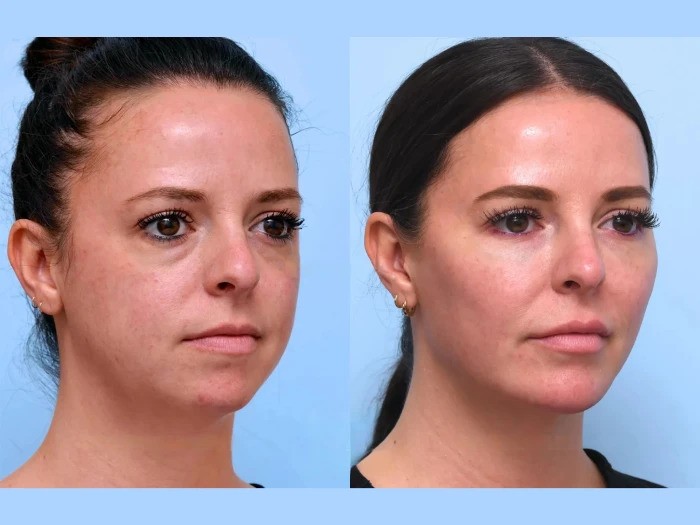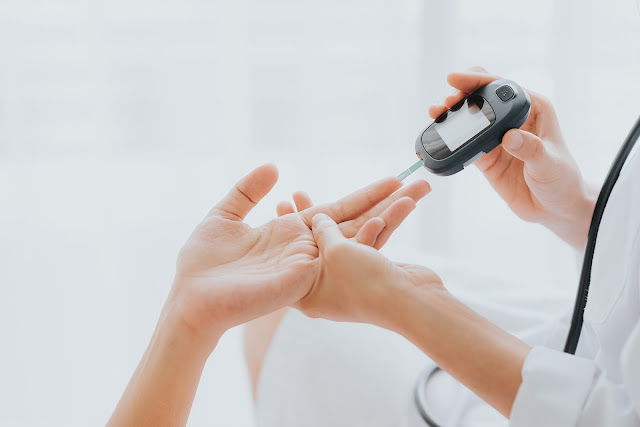Maintaining good oral health is essential for overall well-being, and preventive dental care plays a crucial role in ensuring a lifetime of healthy teeth and gums. Preventive care involves regular habits and professional treatments designed to keep your mouth healthy, avoid common dental problems, and reduce the risk of serious oral health issues. By adopting preventive measures, you can not only prevent cavities and gum disease but also improve your overall health.
Preventive dental care is more than just brushing and flossing; it includes a range of practices that, when followed consistently, can help you maintain a beautiful smile, avoid discomfort, and reduce the need for costly dental procedures in the future. In this article, we’ll explore the importance of Preventive Dental Care, the essential practices involved, and how it contributes to long-term oral health.
Why Preventive Dental Care Is Important
Preventive dental care is vital for maintaining healthy teeth and gums and reducing the risk of developing common oral health issues such as cavities, gum disease, and bad breath. Many dental problems develop slowly over time and may not show immediate symptoms, making it easy to ignore the early signs. By engaging in preventive dental care, you can catch these issues early and address them before they become more serious and require extensive treatment.
In addition to the obvious aesthetic and functional benefits of maintaining healthy teeth, there is a direct link between oral health and overall health. Gum disease, for example, has been linked to heart disease, diabetes, and other chronic conditions. By prioritizing preventive dental care, you are not only protecting your smile but also improving your overall health.
Key Practices for Effective Preventive Dental Care
Preventive dental care includes a combination of daily habits, professional dental visits, and lifestyle choices that work together to keep your teeth and gums in optimal condition. The following are essential practices that make up an effective preventive dental care routine:
Brushing and Flossing
Brushing your teeth at least twice a day is the foundation of good oral hygiene. Proper brushing removes plaque, the sticky film of bacteria that forms on teeth and gums. Plaque, if not removed, can lead to tooth decay and gum disease. Use a fluoride toothpaste and a soft-bristled toothbrush to gently brush all surfaces of your teeth, including the back molars and along the gumline.
Flossing once a day is equally important. Flossing helps remove plaque and food particles from between your teeth and under the gumline, areas that a toothbrush may miss. Proper flossing can help prevent cavities, gum disease, and bad breath.
Regular Dental Checkups
Visiting your dentist for regular checkups and cleanings is a key component of preventive dental care. Dental professionals are trained to spot early signs of issues such as cavities, gum disease, and oral cancer, often before you notice any symptoms. During your checkup, your dentist will thoroughly examine your teeth, gums, and mouth, providing valuable feedback on your oral health and recommending any necessary treatments.
Professional cleanings, typically performed every six months, remove tartar buildup that brushing and flossing alone cannot eliminate. This helps prevent gum disease and decay. Regular dental visits also give you an opportunity to ask questions about your oral health, get personalized advice, and receive recommendations for improving your at-home dental routine.
Dental Sealants
Dental sealants are a preventive measure used to protect your teeth from cavities, particularly the back molars, which are more prone to decay due to their deep grooves. Sealants are thin, protective coatings applied to the chewing surfaces of the back teeth. They act as a barrier to prevent food and bacteria from getting trapped in these grooves, reducing the risk of cavities. Sealants are especially useful for children but can be beneficial for adults as well.
Fluoride Treatments
Fluoride is a mineral that helps strengthen tooth enamel, making it more resistant to cavities. It’s commonly found in toothpaste, but professional fluoride treatments can provide additional protection. Your dentist may recommend fluoride treatments during your routine checkups, particularly if you’re at a higher risk for cavities or if you have areas of your teeth that are more susceptible to decay. Fluoride treatments are quick, easy, and effective in preventing tooth decay.
Lifestyle Choices for Oral Health
In addition to daily brushing and flossing and regular dental visits, your lifestyle choices also play a significant role in your oral health. Healthy habits contribute to the effectiveness of your preventive dental care routine.
Healthy Diet
Eating a balanced diet rich in vitamins, minerals, and fiber can help protect your teeth and gums. Limit sugary foods and drinks, as they contribute to tooth decay by feeding harmful bacteria in the mouth. Choose foods like fruits, vegetables, whole grains, and dairy products to promote strong, healthy teeth.
Avoid Tobacco
Smoking and chewing tobacco increase your risk of gum disease, tooth decay, and oral cancer. Quitting tobacco not only improves your oral health but also reduces your risk of developing more serious health problems.
Drink Water
Drinking plenty of water throughout the day helps wash away food particles and bacteria, reducing the risk of cavities and bad breath. Water also helps maintain saliva flow, which is essential for neutralizing acids and protecting your teeth.
The Benefits of Preventive Dental Care
Adopting a preventive approach to dental care offers numerous long-term benefits for your oral health and overall well-being. Some of the key benefits include:
Fewer Dental Problems
By engaging in preventive care, you reduce the risk of developing cavities, gum disease, and other dental issues. Regular checkups allow for early detection, making treatment less invasive and less expensive.
Reduced Risk of Oral Cancer
Regular dental visits include screenings for oral cancer, which can be difficult to detect in its early stages. Early detection improves the chances of successful treatment.
Better Overall Health
There is a strong connection between oral health and overall health. Preventive dental care can reduce your risk of developing serious health conditions, such as heart disease, diabetes, and respiratory problems.
Improved Appearance and Confidence
A healthy smile boosts self-esteem and confidence. Preventive care helps you maintain white, strong teeth, and healthy gums, contributing to a positive first impression and enhancing your social and professional life.
When to Seek Professional Preventive Care
While daily habits are essential for maintaining oral health, it’s important to seek professional preventive dental care to ensure your teeth and gums are in the best condition possible. Regular dental checkups are typically recommended every six months, but some individuals may need more frequent visits based on their oral health needs. For example, if you have a history of cavities, gum disease, or other oral health issues, your dentist may suggest more regular visits or additional treatments, such as fluoride applications or dental sealants.
Conclusion
In conclusion, preventive dental care is essential for maintaining a healthy smile and overall oral health. By incorporating good oral hygiene practices, scheduling regular dental checkups, and making healthy lifestyle choices, you can prevent many common dental problems and avoid the need for costly treatments in the future. Whether you’re protecting your teeth from decay, improving your gum health, or ensuring the longevity of your smile, preventive dental care provides the foundation for long-term oral well-being. Consult with your dentist to establish a preventive care plan that suits your needs and take the necessary steps to keep your teeth and gums healthy for life.


